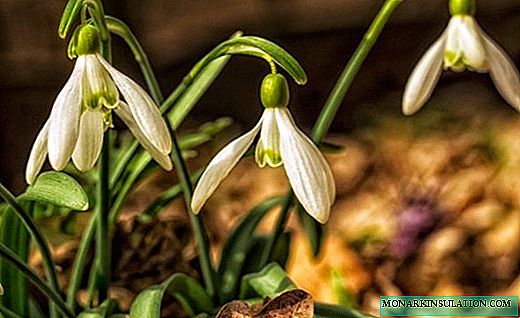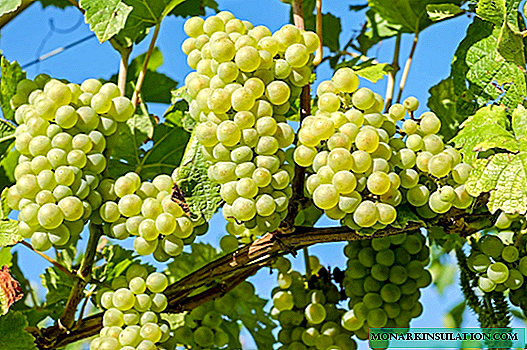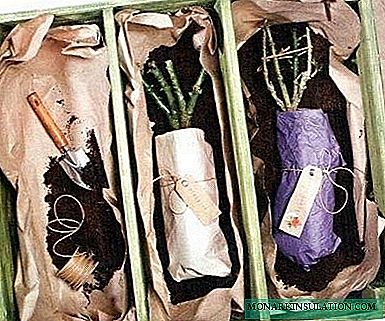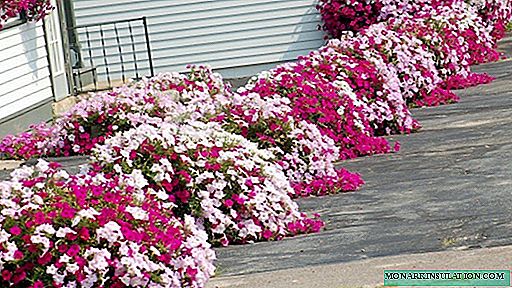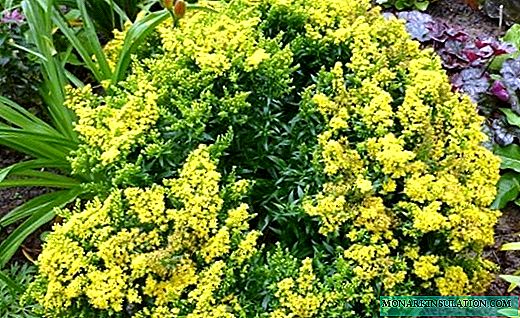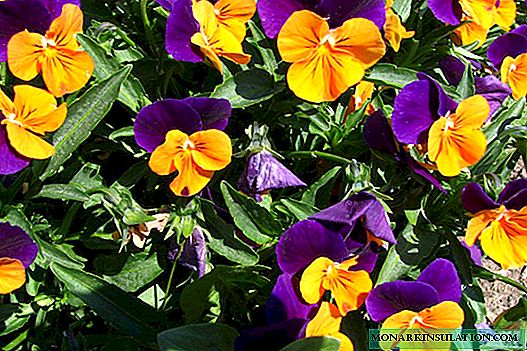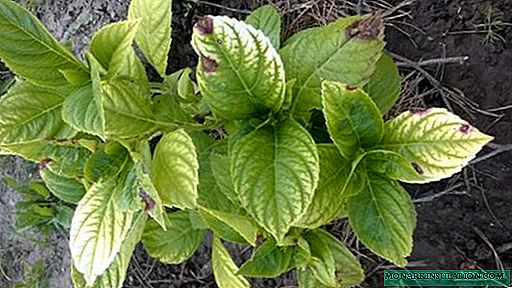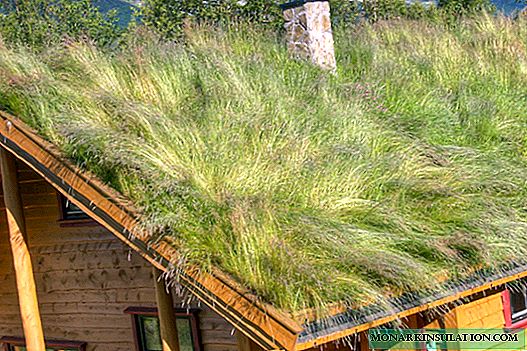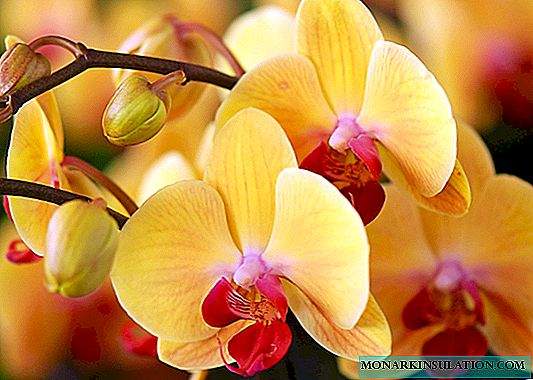Florists often encounter problems when a plant withers and dies. If a room myrtle has dried up, not everyone knows how to reanimate it. You have to work hard, but it will help to revive your favorite flower.
Why does myrtle dry
A houseplant can die for various reasons, but the efforts of a caring grower will bring it back to life. First of all, find out the cause of wilting. It is necessary to observe how home care affects myrtle: leaves dry, branches fall off, roots rot. All this suggests that the plant is improperly looked after.
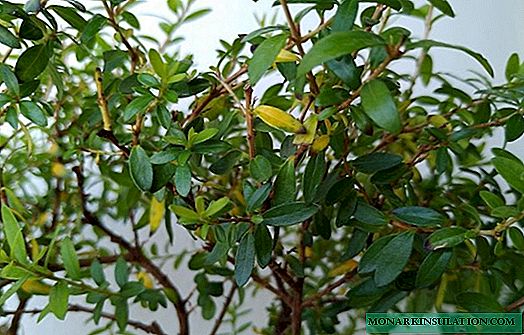
Yellow leaves
Important! Myrtle dries due to poor care or due to pests and diseases.
Lack or excess of moisture
Myrtle is very fond of moisture, so watering should be regular and plentiful. Even a short drought, the tree suffers hard. The soil moisture in the pot is checked with a finger to the touch.
If the myrtle does not have enough water, its leaves begin to turn yellow, curl, and then fall off. This will quickly destroy the exotic tree. Fortunately, it can be reanimated. If the myrtle has dried leaves, what to do in such a situation should always be remembered - the owner should normalize the watering.
If, due to poor drainage or excessive watering, the water stagnates in the pot, then the roots of the plant rot. This inevitably affects the state of foliage: it turns yellow and falls. Mirtu needs an urgent transplant into fresh, dry soil.
How to save a plant
Resuscitation of the plant will help save the myrtle. For each case, there are effective treatments.
Step-by-step instructions for a lack of fluid:
- Pour a bath or deep basin with water.
- Put there a pot of plants for 10-15 minutes.
- Then rearrange it on a pallet.
Water seeps through the drainage hole at the bottom of the pot, rushes immediately to the roots of the myrtle and moisturizes them. The same hole does not allow water to stay inside the soil for a long time.

Withered tree
Incorrect temperature
Myrtle is home to the tropics and subtropics, so it is very thermophilic and sensitive to temperature extremes. In the spring and summer months, the plant feels great at a temperature of + 17 ... +24 ° C. In winter, the room where the myrtle grows should be around + 10 ... +12 ° C - no more and no less.
Due to the cold or heat, the leaves of the tree turn yellow and dry. If the myrtle has dried up, what to do to the owner, you need to find out as soon as possible - the tree is rearranged in a room where a suitable temperature regime is observed.
Attention! You can put crushed ice in a pallet (if the myrtle is hot) or put it closer to the battery (if it suffers from cold).
Wrong watering
If you water the myrtle too abundantly and often, it begins to dry and wither. The reason is rotting of the roots. For prevention, it is necessary to plant a tree only in a pot with a wide drainage hole.
What to do to save myrtle
If, due to improper watering, the myrtle dries up, few people know what to do and how to solve this problem. Overflow is often more harmful than drought.
How to reanimate myrtle with excess moisture:
- The tree is removed from the ground.
- The roots are washed in the shower and cut off rotted areas.
- The tree is transplanted into dry ground.
- Watering is possible only after a few days.

Dangerous symptoms
Inappropriate feeding
Leaflets may dry out due to improper fertilizer. Top dressing should be sufficient, but not excessive. Excessive fertilizer can destroy the tree. Nitrogen supplements are especially dangerous, because in large quantities nitrogen burns the roots of all plants.
What measures to take
If the myrtle suffers from a lack of nutrients, then the problem is very easy to solve: you just need to fertilize the earth. If he was overfed, and for this reason he dries, then only a transplant to a new substrate will help.
The tree is removed from the pot, the roots are washed with clean water. Then, the entire root system is carefully inspected and cut off damaged roots. In a new pot, the soil is prepared and the saved tree is transplanted into it.

Aphid
Bad light
With a lack of light, the photosynthesis process is disrupted, so the plant does not produce enough chlorophyll and fades because of this. It is necessary to rearrange the myrtle in a well-lit room.
Another danger lies in sunburn. This happens when a tree is left under the scorching sun or next to a southern window. Direct sunlight burns the leaves and petals of myrtle, because of this they dry out. And then the tree takes off the dead foliage covered with burns.
If, due to improper light conditions, the myrtle tree dries, what to do and how to help the plant, everyone needs to know. Urgently need to rearrange myrtle in a shaded place or curtain a window. Myrtle loves diffuse lighting.
Adaptation period
Beginning flower growers who bought a pot of plants in the store often do not understand why the myrtle tree is crumbling. Sometimes this happens after the tree is transplanted into a new substrate. This phenomenon does not indicate illness, but stress.
Attention! Myrtle can drop leaves during the adaptation period in a new room or in a new land.
To revive the tree, you need to put it in the dark part of the room, water the soil and put a cup of water near it. It is necessary to provide the plant with favorable conditions. He is being watched for several days. During this time, it will be able to adapt.

Whitefly
Pests and how to deal with them
It so happens that despite the excellent care of the myrtle at home, the leaves are dry, the flowers and branches are showered. Often this is due to the appearance of pests.
- Aphid
A small insect sticks to the back of the leaf and drinks juices from the plant. This pest can also be seen on petioles and large branches. Aphids are able to mimic and accept the color of the plant on which they live. Most often, aphids are green, gray or black. It multiplies at an incredible speed and quickly destroys the tree.
- Spider mite
Leaves covered with small, sticky cobwebs are affected by the pest. The spider mite is too small to be seen with the naked eye, but the effects of its activity are very noticeable. It multiplies rapidly and can infect neighboring plants.
- Shield
The greatest threat to the health of the myrtle is represented by the scale shield. This parasite is dangerous because it is difficult to get rid of it. He will quickly take all the nutritious juices of myrtle. If a white or colorless, sticky coating appears on the leaves, then this is a sign of a scab.

Shield
- Mealybug
A whitish coating on leaves, petioles, shoots is a characteristic sign of the appearance of a mealybug. The plant dims, turns pale and dries. First, it discards the foliage, and then dies completely.
- Whitefly
Actively drinks tree sap such a pest as whitefly. It looks like a very small white moth and is able to multiply rapidly. It is not easy to get rid of the pest, you have to do 4 treatments with insecticides.
What are dangerous pests and parasites?
All pests suck the juices from the plant. Because of this, the myrtle withers and dries.
Attention! Parasites, as a rule, breed very quickly and form huge colonies that can spread to neighboring flowers and trees.
How to deal with them
To save the plant from pests is quite difficult. First you need to rinse the myrtle under the shower so that a stream of water will wash away the insects. The largest can be removed by hand. Myrtle is then treated with insecticides. From aphids and mealybug helps the drug "Actara".
Most insecticides do not affect the scabbard and whitefly, so pests must be removed manually. Then the myrtle is washed with soapy water, and then treated with Actellic.

Mealybug
Keeping in good conditions will protect the tree from pests. The spider mite does not tolerate moist air, so the myrtle is regularly sprayed with water and a cup of liquid is placed next to it. It is only necessary to water the tree with settled water.
If the myrtle dries and discards leaves, what to do in this case, every grower should know. If there is not enough information, you can always read special literature on this topic or ask more experienced experts. Even if the myrtle is withered, it can be reanimated, and then for a long time it will delight the owner with its flowering and useful properties.

